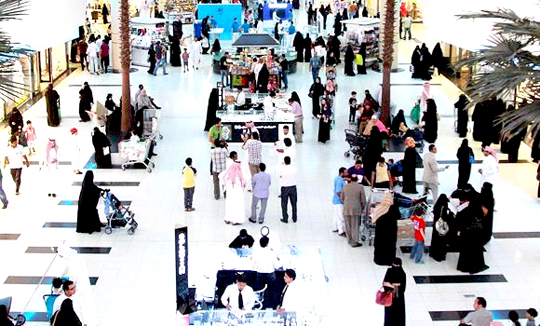Riyadh, Feb 5: Saudis and expatriates have welcomed the proposed change to Saudi law that would see a 40-hour week and two days off.
“This would be a highly commendable change in Saudi labor law because it will encourage employees to work better and efficiently, said senior systems engineer at Tawuniya Saleh Bucay.
“Giving them more spare time with their loved ones, more vacation days to relax and sleep would mean a lot. In fact, a well-rested workforce would definitely lead to higher productivity and creativity as a whole,” Bucay said.
On Tuesday, the powerful Shoura Council, reiterated its previous decision in favor of the proposal. The final decision rests with the Council of Ministers.
“Early to bed and early to rise makes a person healthy, wealthy and wise,” said an Indian business development director Amir Qayyum. “I wholeheartedly welcome the decision of the Shoura Council. I also humbly request them to consider working hours over one straight shift, because it will help save energy in a big way.”
Soler Garlan, head of a coalition of 45 Filipino organizations based in the Western region, said the two days off would reduce job stress and make workers more productive and efficient.
“The Shoura has rightly reaffirmed its recommendation for a 40-hour working week. The government sector and some private companies had implemented this a while back. Others in the private sector are yet to follow,” said a senior engineer based in Riyadh, Usodan Dida Agun.
“In short, the Shoura recommendation will undoubtedly boost companies’ productivity and output; while at the same time ensure a win-win situation for both employers and employees.”
The move was also commended by human rights advocate, John Monterona. “We welcome the approval of the two days by the Shoura Council. This would mean a good balance between work and rest for all expat workers. We urge the Shoura Council to also implement a day off for all household service workers.”
Saudi citizen Mohammed Al-Juhani said that the decision was absolutely right and meets the needs of all citizens. Another Saudi, Abdulrahman Al-Saeed, said this would reduce the strain on Saudi workers.






Comments
Add new comment